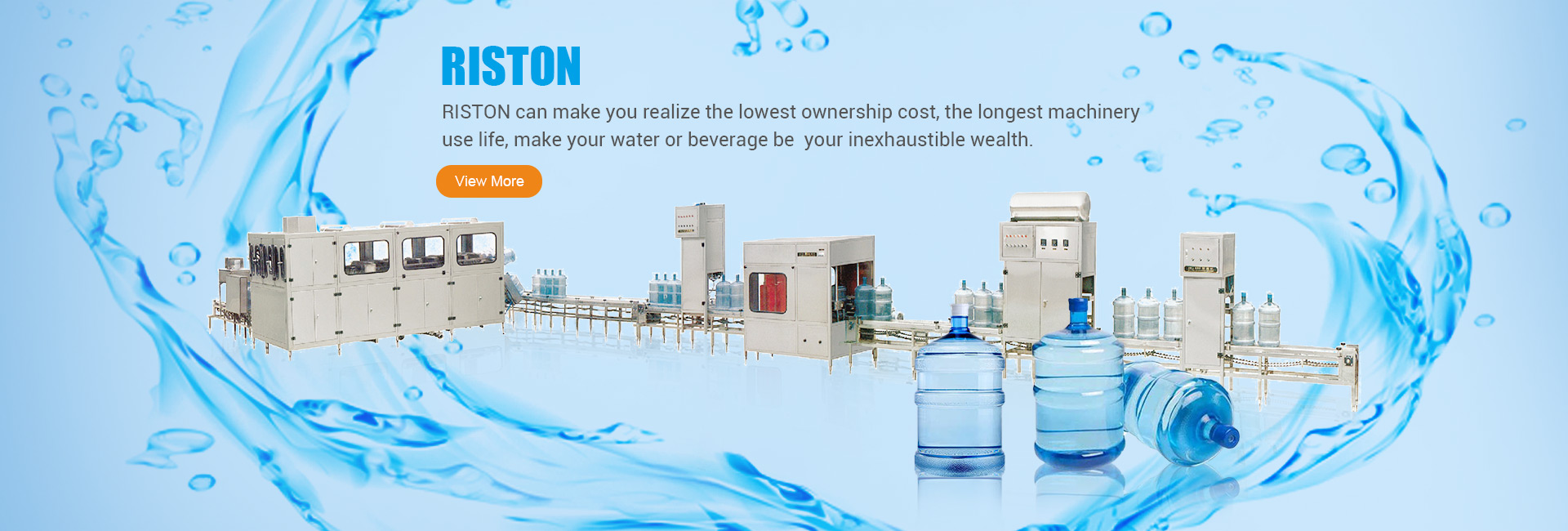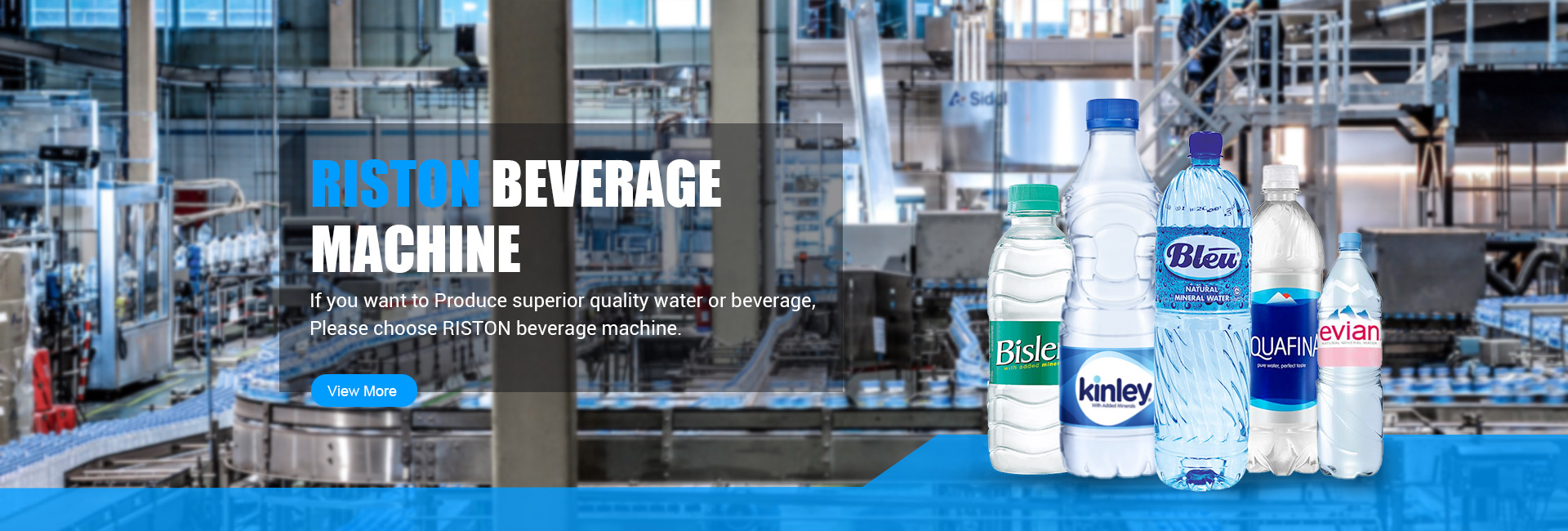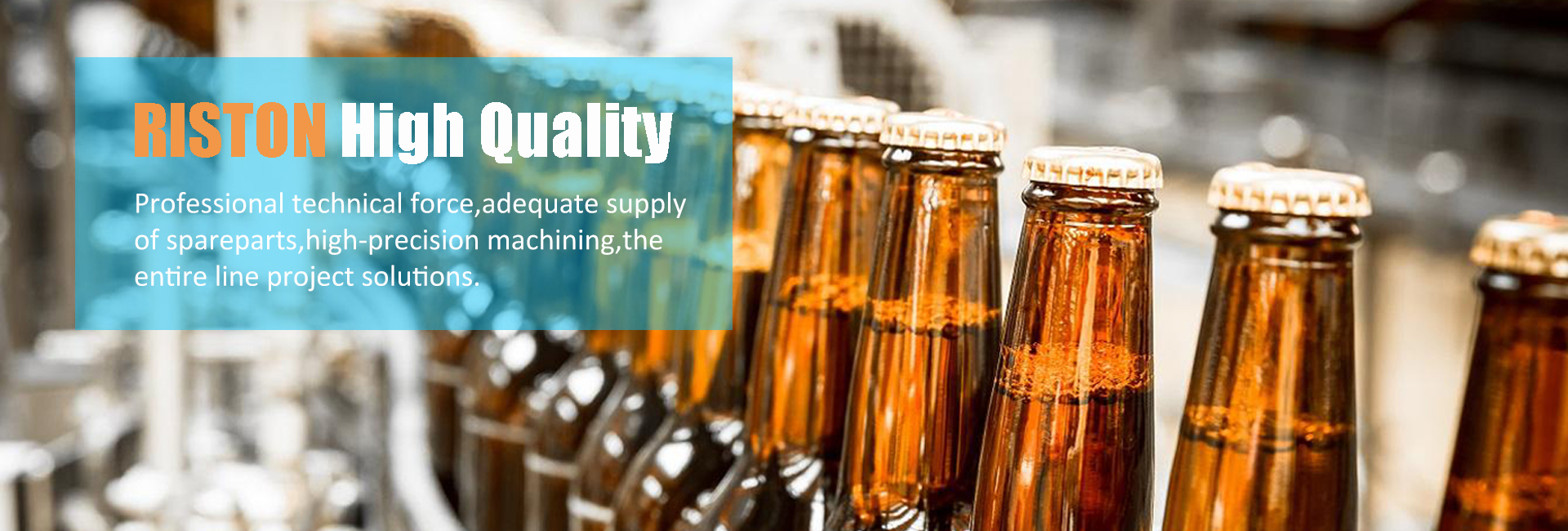RISTON-decentralized water treatment system
This technical article delves into the innovative decentralized water treatment systems developed by Riston, a pioneering company in water purification solutions. It discusses the design philosophy, technology components, and operational advantages of these systems that address local water challenges with scalable, efficient, and environmentally friendly methods.
Introduction
Riston's decentralized water treatment systems have been designed to meet the growing demand for localized, adaptable water management solutions, particularly in remote or underdeveloped areas where centralized systems are not feasible or cost-effective.
These systems leverage cutting-edge technology to treat various sources of water including surface water, ground water, and even wastewater, making potable water accessible and sustainable.
Core Technology Components
The system typically incorporates multi-stage filtration processes starting with pre-treatment stages such as sedimentation, coagulation, and flocculation, followed by advanced filtration technologies like ultrafiltration (UF), reverse osmosis (RO), or capacitive deionization (CDI).
Energy-efficient pumps, smart sensors, and automated control mechanisms ensure optimal performance while minimizing energy consumption and maintenance requirements.
Modularity and Scalability
Riston's decentralized systems are modular and can be customized based on community needs, water quality, and available resources. This allows for easy expansion or contraction as population demands change.
Each module is engineered to work independently or as part of an integrated network, enabling tailored solutions for diverse contexts, from rural villages to urban subdivisions.
Sustainability Features
To minimize environmental impact, the systems often incorporate renewable energy options for power supply and employ eco-friendly materials in construction.
By treating water at the point of use or close proximity, the systems reduce the need for long-distance water transport, thereby saving energy and reducing carbon footprint.
Operational Efficiency and Maintenance
Real-time monitoring capabilities allow for immediate response to changes in water quality, ensuring continuous compliance with health and safety standards.
Easy-to-replace filters and simplified maintenance routines make the systems user-friendly and economically viable over their lifespan.
Community Empowerment
Case Studies and Future Directions
Highlighting successful deployments across different regions, this article showcases how Riston’s decentralized systems have improved water access and quality while promoting sustainability.
Looking ahead, Riston continues to innovate, integrating new advancements in IoT, AI, and nanotechnology to enhance the effectiveness and resilience of its decentralized water treatment solutions.
In conclusion, Riston's decentralized water treatment systems offer a transformative approach to water purification, combining technological innovation with practicality and sustainability. By delivering clean water directly to the point of demand, these systems contribute significantly to addressing global water scarcity issues and improving public health.










